For more targeted results combine or exclude search terms by applying the Boolean Operators AND, OR and AND NOT. Place quotations around your search term to find documents that contain that exact phrase
Search Tools
Situation ReportDec 8, 2023 | 20:31 GMT
U.S.: FDA Approves First CRISPR Treatment for Sickle Cell Disease
The U.S. Food and Drug Administration approved the world's first CRISPR treatment, which leverages gene-editing technology, for individuals suffering from sickle cell disease, The Wall Street Journal reported on Dec. 8.
READ MOREBusinessJun 2, 2020 | 00:15 GMT

Supporting the Next Generation of Geopolitical Researchers
In the 2020 spring semester, Stratfor's Vice President of Strategic Analysis Rodger Baker presented challenges to University of Texas at Austin undergraduate STEM students, in cooperation with the university's Inventors Program and LBJ School of Public Affairs Intelligence Studies Project.
READ MOREContributor PerspectivesDec 6, 2019 | 11:00 GMT
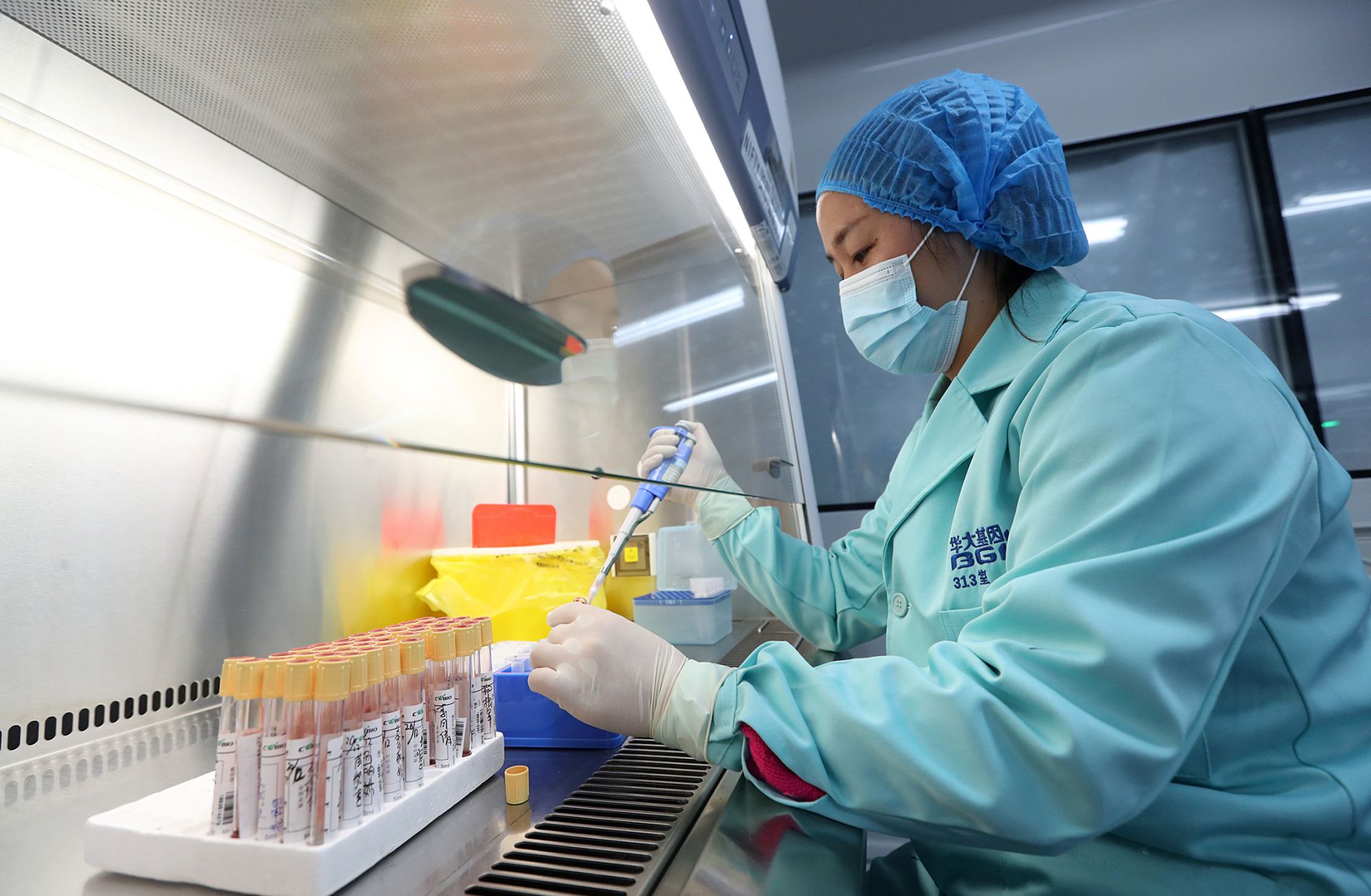
Is China Effectively Reforming Its Biotechnology Laws?
Since news broke in late November 2018 that Chinese scientist He Jiankui had used the gene-editing tool CRISPR to engineer twins to ensure heritable immunity to HIV, Beijing has implemented a multitiered response to address apparent shortcomings in Chinese laws. New regulations governing the protection and use of human genes, patients and embryos in preclinical and clinical research are coming into force, but do they mean real change for the country?
READ MOREEditorial BoardDec 5, 2019 | 16:28 GMT

Edward Perello
Edward Perello is the principal of Arkurity, a biotech and policy consulting firm conducting research at the interface of public policy, biotechnology, and national and natural security. He is also the lead on food and agriculture at Deep Science Ventures, where he invests in, or develops, applied science companies to transform agriculture. Perello formerly co-founded Desktop Genetics, a provider of CRISPR genome-editing tools, and has expertise in biosecurity policy and biological weapons. He currently serves on the IUCN Synthetic Biology Taskforce and previously worked for the EU Science and Technology section in Washington, D.C., and on the national implementation team at arms control charity, Vertic.
AssessmentsJan 1, 2019 | 10:30 GMT
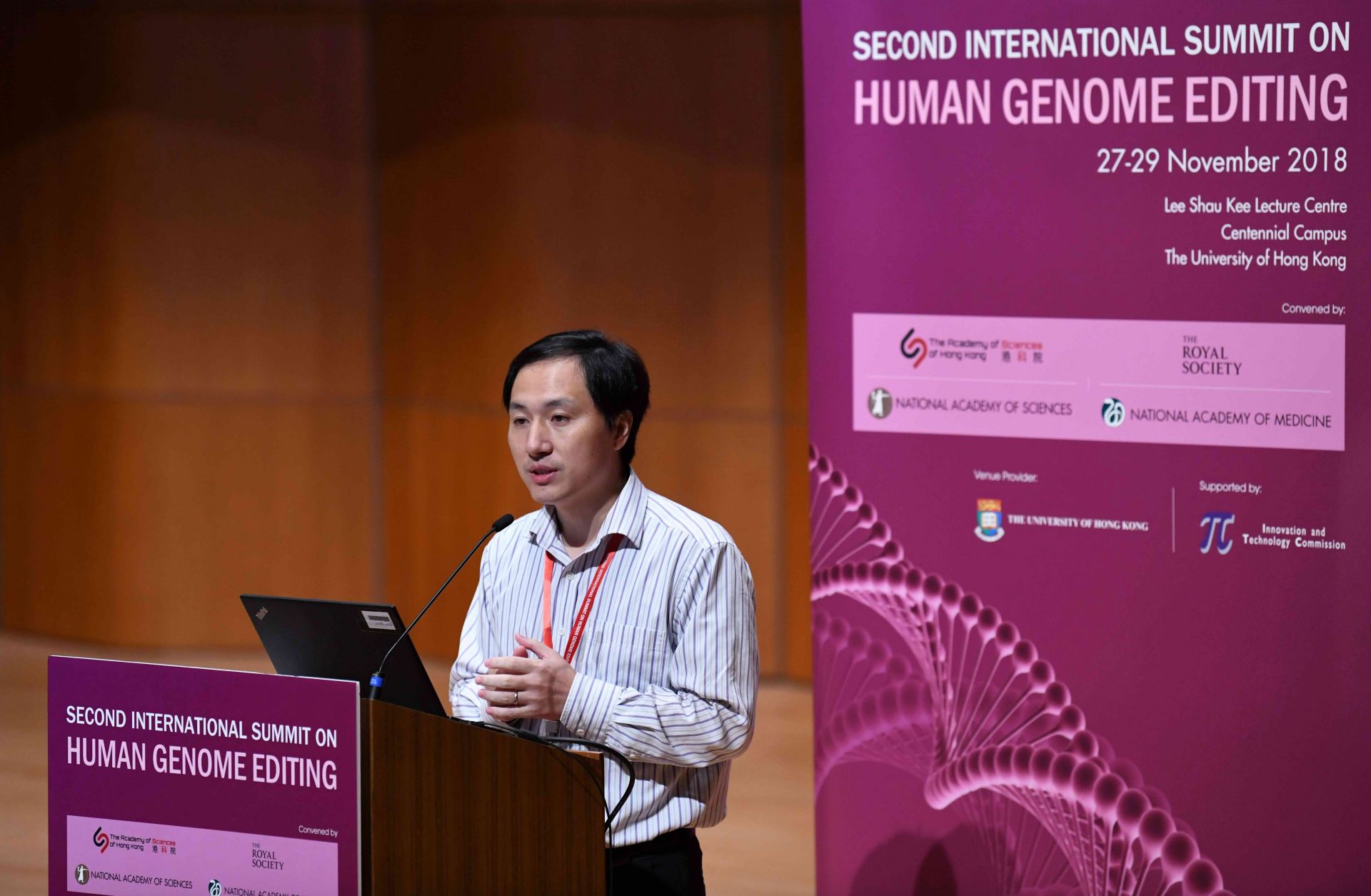
The Rise of Gene Editing: How Did We Get Here
The scientific community and the world at large are still reeling from the news that a rogue Chinese scientist conducted experiments that ultimately resulted in CRISPR-edited twin girls. The scientist's behavior may have been anomalous, but the use of CRISPR and other gene-editing technologies is something we've been tracking here at Stratfor for a number of years. The potential applications spread across a wide swath of sectors, from agriculture to industry to medicine. Much as we see a tech race on artificial intelligence between China and the United States, we expect a similar one in biotech.
READ MOREAssessmentsNov 2, 2018 | 10:00 GMT
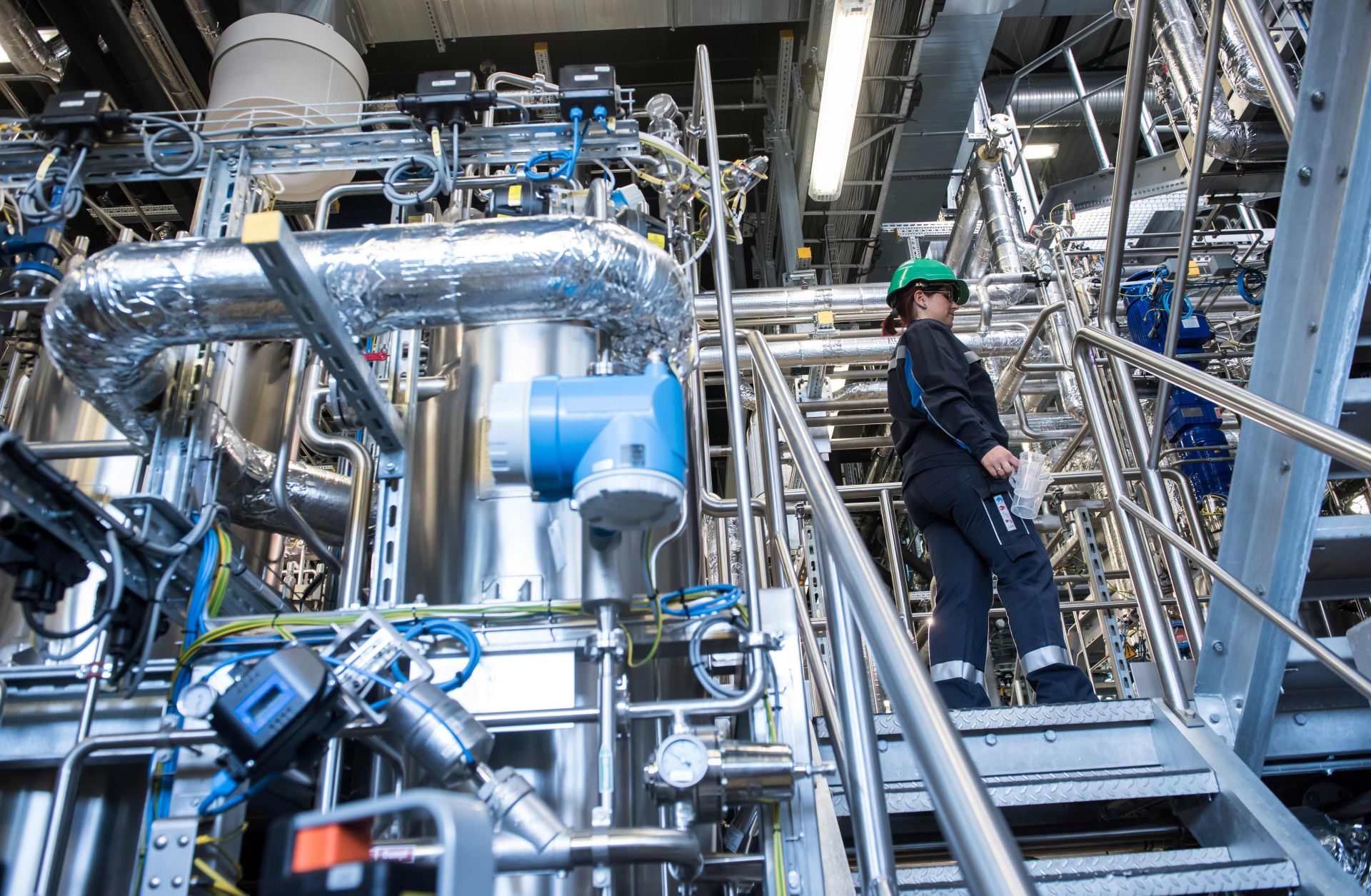
New Gene-Editing Techniques Are Reshaping the Ethics of Biotechnology
Emerging gene-editing technology is raising questions around the world about the ethics of altering the structure of life: DNA. From Europe to the United States to China, cultural and societal influences shape how each country sees this biotechnology and how it should be regulated. These differences hinder international consensus, as well as the enforcement of any restrictions, especially when the long-term implications of a rapidly advancing technology are unclear. Gene-editing techniques, especially CRISPR, have improved immensely in a relatively short time, and CRISPR's ease of use and relatively low cost make its application to agriculture and medicine inevitable. In the end, the debate about its use may be shaped as much by economics as by ethics.
READ MORESnapshotsJul 30, 2018 | 21:51 GMT
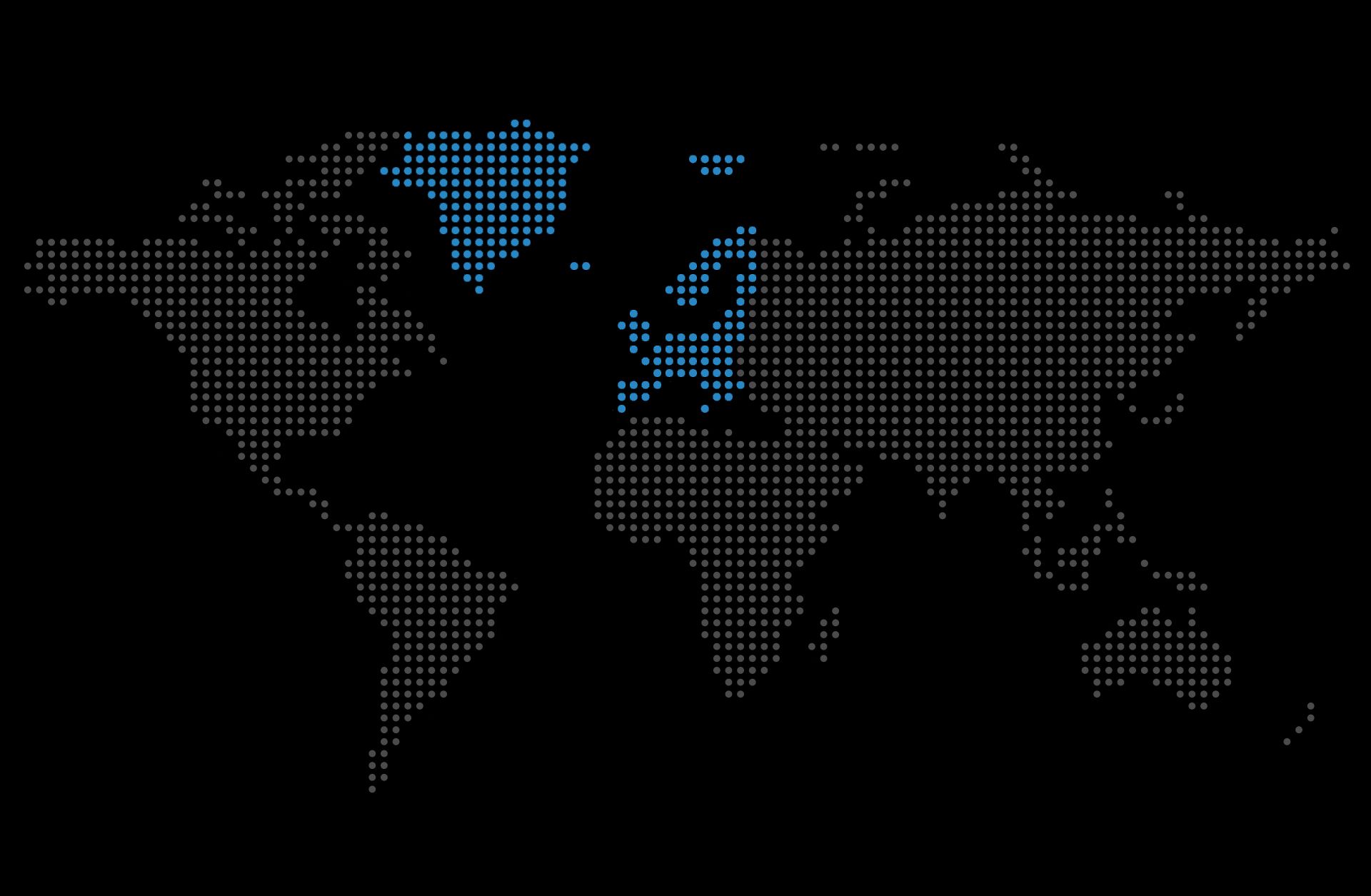
EU: A Ruling on Gene Editing Adds Another Wrinkle To Trade Talks
The European Court of Justice has ruled that new gene editing techniques fall within the broader definition of genetic modification, which is subject to strict regulation and, in some cases, outright bans within the European Union. The decision unveiled on July 25 modifies a previous opinion issued by the court that was less definitive. Last week's ruling will hobble research and development of agricultural biotechnology within Europe and likely prompt more biotech companies to move their operations outside the continent.
READ MOREAssessmentsMar 26, 2018 | 09:00 GMT
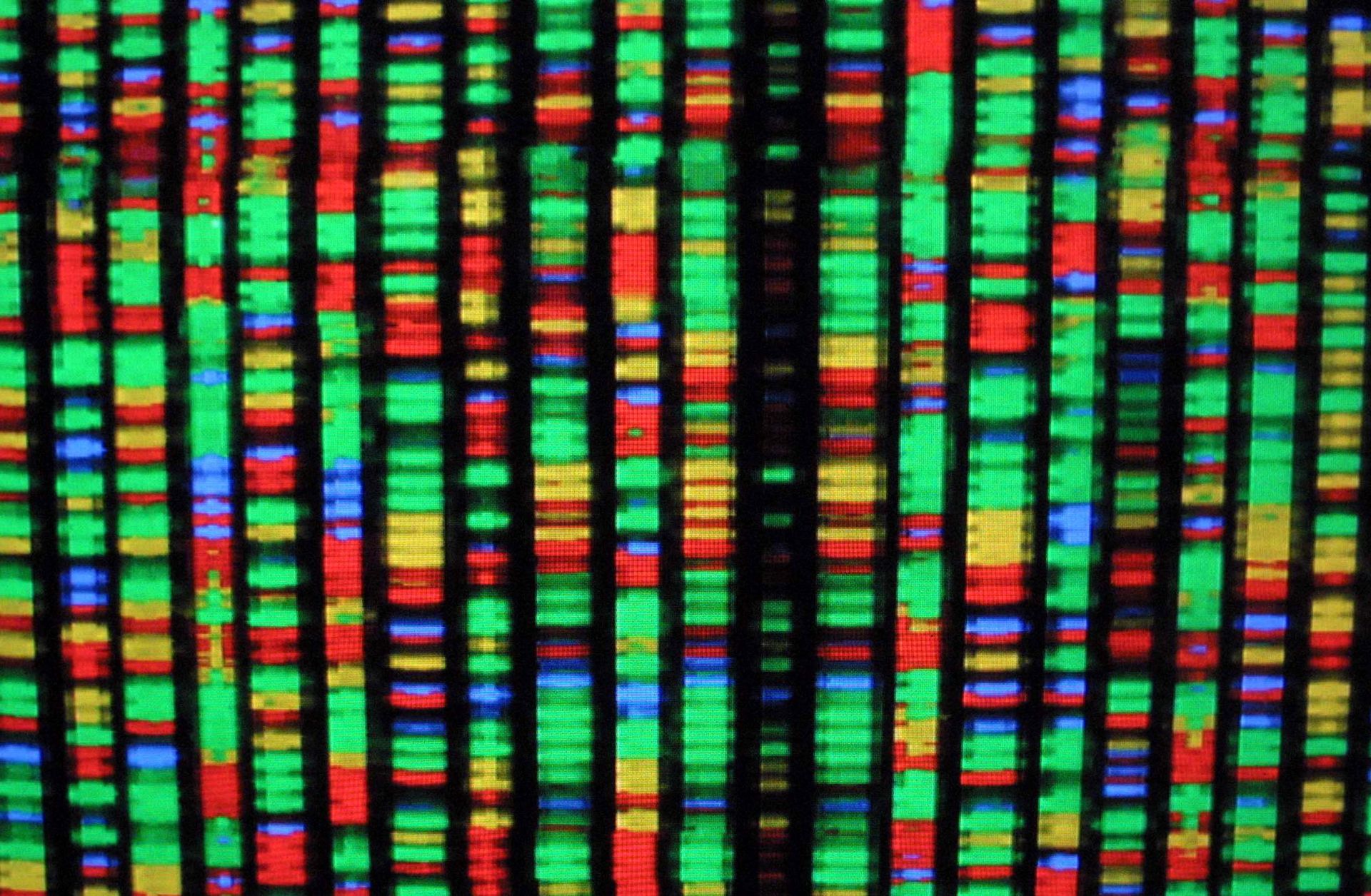
Battlefield Biotech: The Rising Competition Between China and the U.S.
Whether trade wars or tech wars, the future relationship between the United States and China is poised to be one of greater competition, if not greater contention. Trade deficits and potential trade wars and the race to supremacy in artificial intelligence have garnered the biggest headlines of late, but there's another contest waging with equal ferocity: biotechnology. The gene-editing technique CRISPR is by no means the only instrument in this contest, but it is indicative of the emerging battle in the biotechnology sector. By tracking the use of the technology in both agriculture and health care, we can see clear signs of where this trend is headed. In health care and agriculture, the United States can and will raise national security concerns, just as it recently has with high-technology investments. Similarly, Beijing and Washington will become technical competitors as China's demographic and resource constraints ensure it continues to support and
READ MOREAssessmentsJan 29, 2018 | 18:21 GMT
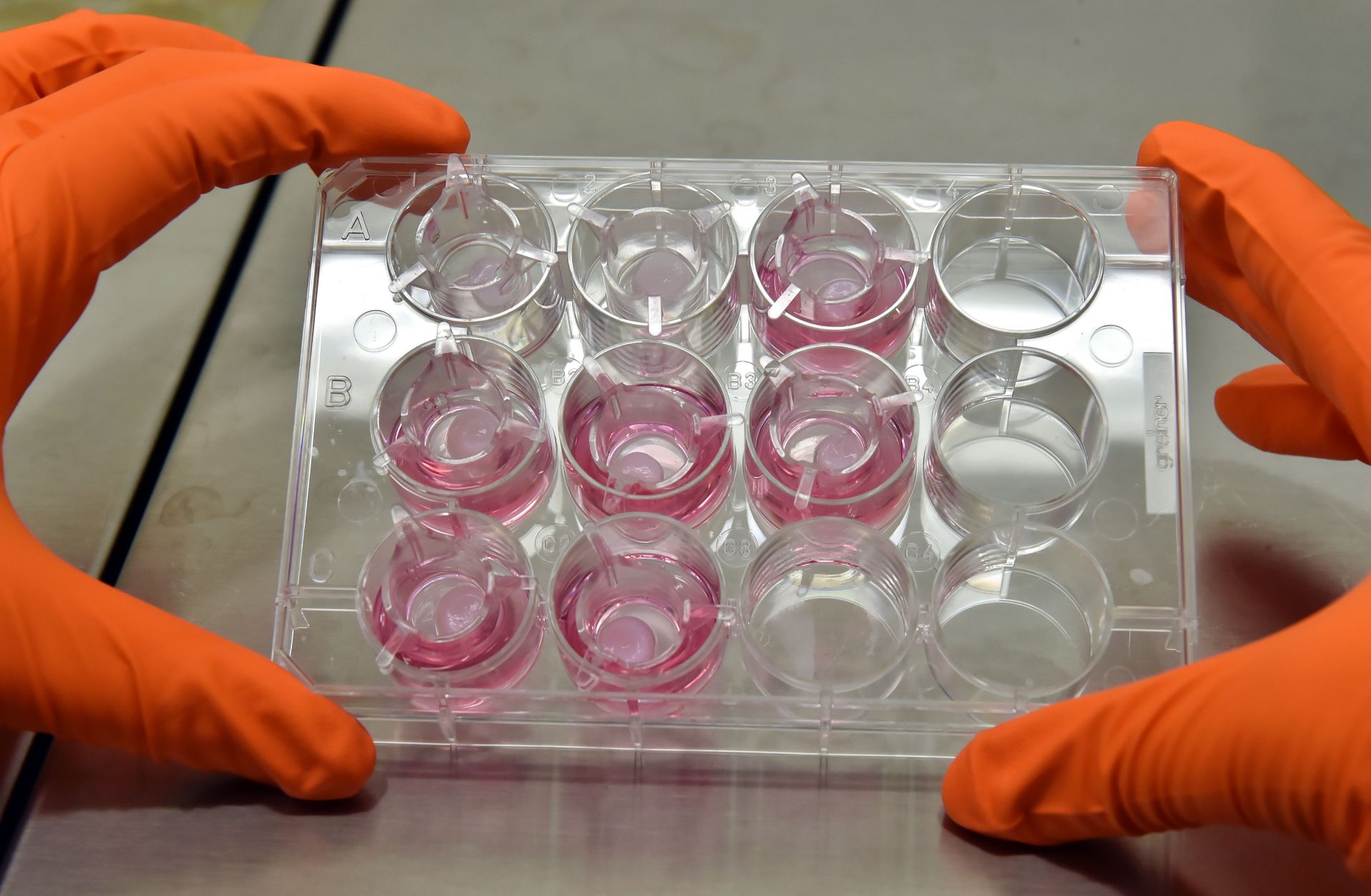
How the EU's Stance on Gene Editing May Evolve
In terms of setting the guidelines for contemporary genetics, modern laws can sometimes seem as antiquated as the Magna Carta. In 2001, the European Union adopted key policies that govern the use of genetically modified organisms (GMOs) in agriculture -- but that was more than a decade before the CRISPR technique, a more efficient, cheaper method of gene editing, rose to prominence. On Jan. 18, the advocate general to the European Court of Justice, Michal Bobek, issued a preliminary opinion regarding the interpretation and classification of new and evolving gene-editing techniques, such as CRISPR, as they relate to the European Union's stringent GMO regulations. The bloc is currently waiting for a court decision on the matter, but the possibility of legislative change has given hope to agricultural biotechnology companies and researchers that their techniques, which can increase crop yields and alter the specific properties of organisms, may soon obtain a
READ MOREGuidanceJan 28, 2018 | 19:22 GMT

The Weekly Rundown: Davos and NAFTA, and Tariffs Get Their Day in the Sun
Read this week's review of the world's most pressing geopolitical events and insight into what the coming week will bring.
READ MORESnapshotsOct 26, 2017 | 21:33 GMT

Global: The Genetically Modified World Order
Technologies can rarely be called truly revolutionary or disruptive, but gene-editing technology, specifically CRISPR, is an invention Stratfor believes could be just that. Even in its earliest stages, CRISPR (an acronym for Clustered Regularly Interspaced Short Palindromic Repeats) had the potential to edit the genetic makeup of living things cheaper and faster than previous technology. But when CRISPR made its first splash on the world stage, it had limited precision and accuracy.
READ MORESnapshotsAug 9, 2017 | 20:24 GMT

Global: Engineering the Future of Our Food
Biotechnology company, AquaBounty, sold 4.5 metric tons of genetically modified salmon Aug. 4 on the open Canadian market. The seminal transaction occurred after Canadian authorities approved the fish for human consumption in 2016. The sale marks a long-awaited victory for the company that has spent the better part of three decades working to bring their fast-growing salmon to dinner tables.
READ MOREGuidanceFeb 19, 2017 | 03:03 GMT

Global Intelligence: Week of Feb. 20, 2017
U.S.-Russia relations have swung back to their default, tense setting -- at least for now.
READ MOREAssessmentsFeb 16, 2017 | 23:34 GMT

A Resolution on Who Owns Gene Editing
The fight for ownership of the powerful gene-editing technique known as CRISPR-Cas9 is over, at least for now. A panel of judges at the U.S. Patent and Trademark Office ruled Feb. 15 in favor of the Broad Institute of the Massachusetts Institute of Technology and Harvard, despite the fact that the University of California, Berkeley, had pioneered the technique using less complex bacterial systems.
READ MOREAssessmentsFeb 11, 2017 | 14:13 GMT

Stopping Mosquito-Borne Diseases at the Source
Mosquito-borne diseases have plagued civilizations for millennia. Even today, malaria, dengue and yellow fever continue to constrain economic development in areas of Africa, Southeast Asia and South America where they are endemic. But compared with these enduring threats, acute outbreaks of illnesses such as Zika and chikungunya have gotten far more attention recently. Though the diseases themselves were first identified decades ago, the magnitude of their spread -- facilitated by factors including higher population density, greater urbanization, globalization and the increased range of mosquitoes that carry them -- is unprecedented. Acute disease outbreaks have occurred with greater frequency worldwide since 1980. At the same time, new incidences of vector-borne illnesses -- those carried by one organism and transmitted to another -- have cropped up as methods for detecting and tracking disease have improved. A recent bulletin from the Centers for Disease Control and Prevention (CDC), for example, reported a new
READ MOREReflectionsOct 12, 2016 | 01:00 GMT
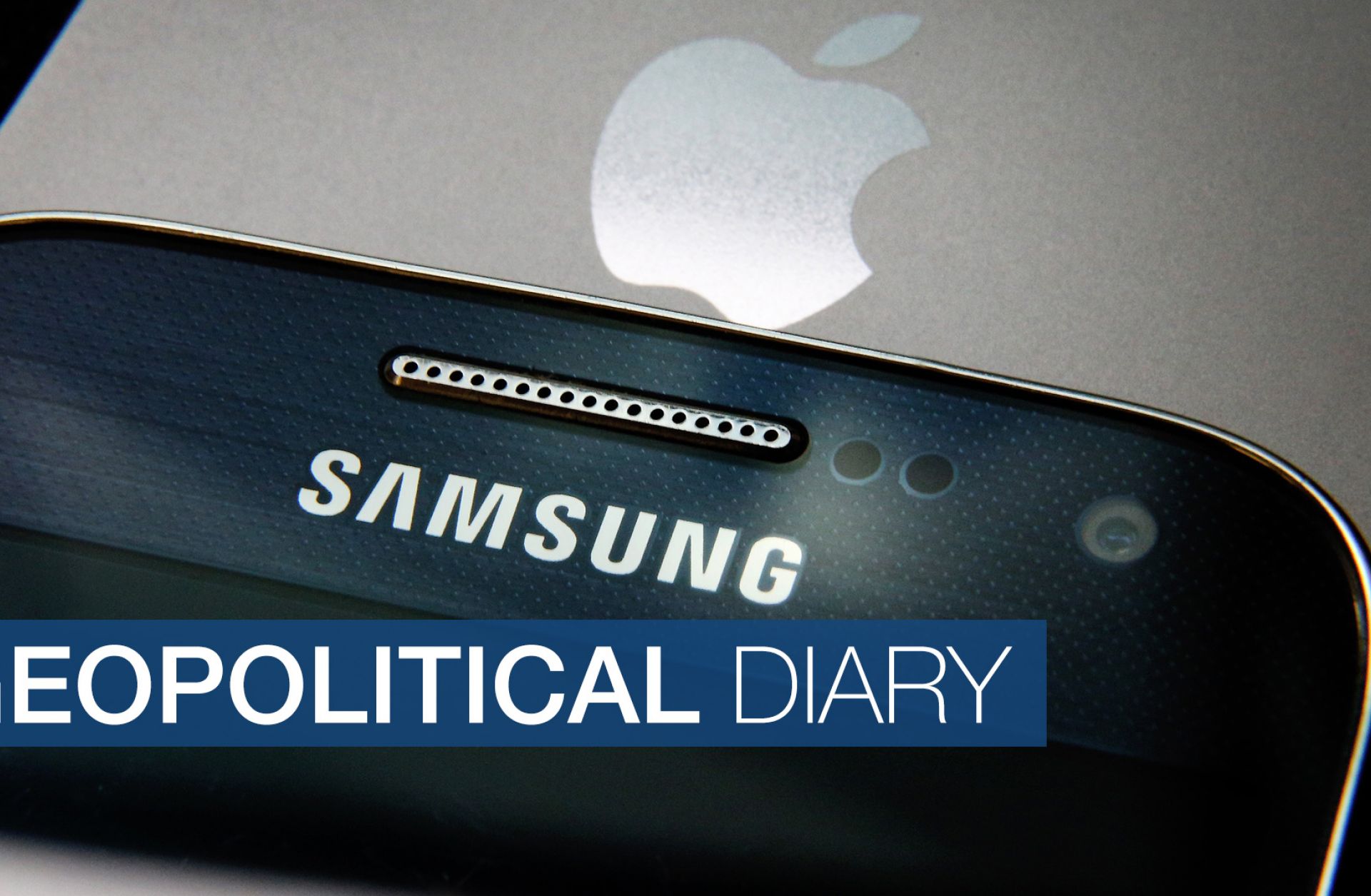
Testing the Application of Old Laws on New Technology
Representatives for two cellphone giants, Apple Inc. and Samsung Electronics, stood before the U.S. Supreme Court on Tuesday, presenting their sides in a case of patent infringement. The original dispute is not over Samsung's infringement of a patent on a technical component of its rival's smartphone but rather its copying of distinctive design elements of the iPhone. In lower courts, Apple has prevailed on the merits of the case, and Samsung is not trying to reverse those decisions. The culmination of the four-year legal battle will be about the amount of money that the design infringement should be worth.
Under U.S. law governing design patents, Apple was awarded damages equal to the South Korean conglomerate's entire profit on its infringing smartphone. Apple contends that its patented iPhone design is the key to the benefit and utility of the device, and thus the award is justified, while Samsung argues that the internal
READ MOREAssessmentsSep 8, 2016 | 09:15 GMT

As the Pool of Agribusiness Giants Shrinks, Will Innovation Follow?
The small number of major companies in the agricultural biotechnology sector is about to get even smaller. Three big mergers have been put forward in the past year that, if completed, will have significant implications for the future of the industry, which lies at the center of efforts to more efficiently use limited resources to feed a growing global population. If the mergers overcome the hurdles ahead of them, they could shape the development of future technologies, affecting more than just the corporate bottom line in the long run.
READ MOREAssessmentsAug 8, 2016 | 09:15 GMT
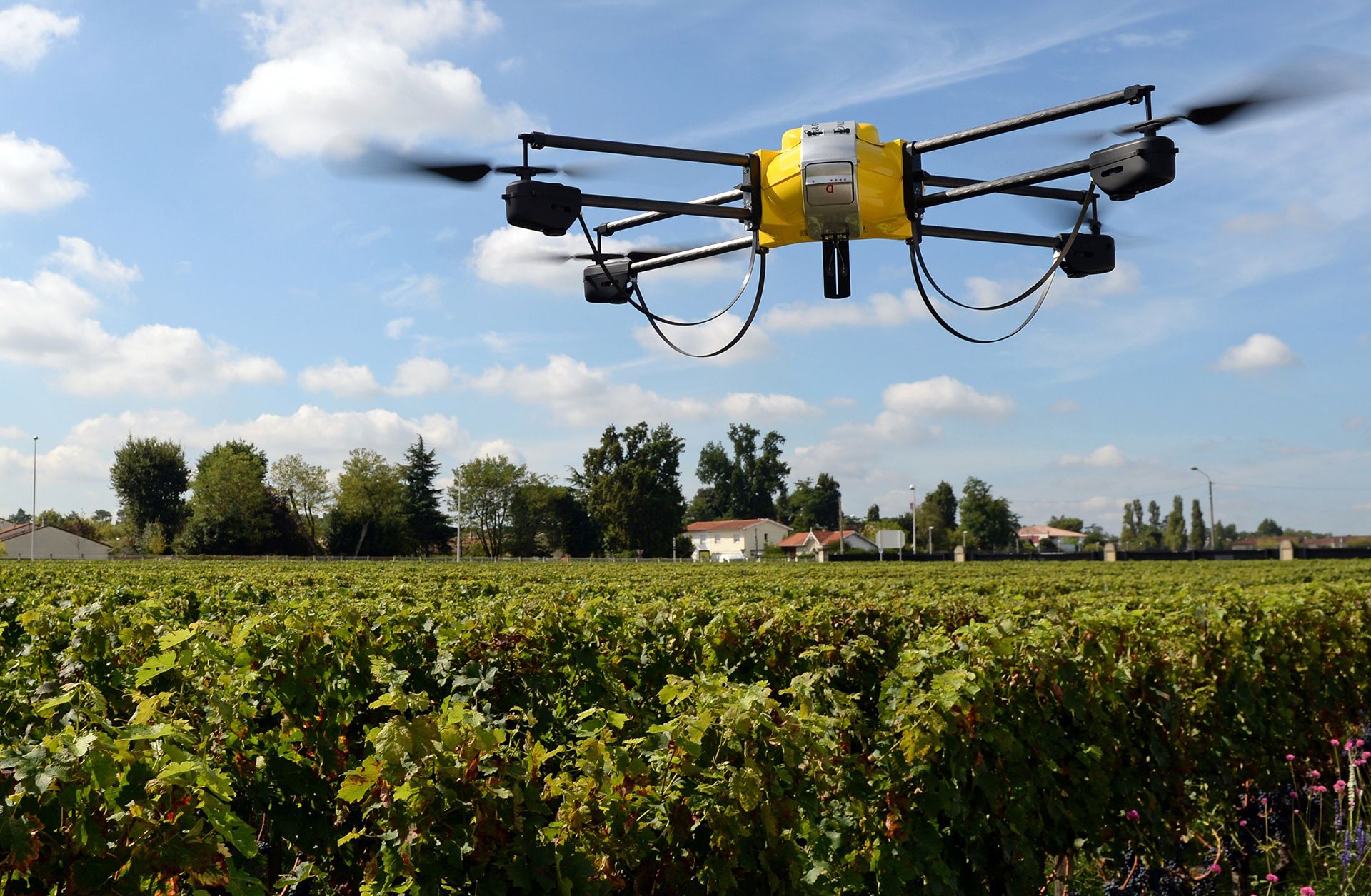
The Fertile Common Ground Between Technology and Agriculture
At first glance, Silicon Valley and the vast cornfields of the U.S. Midwest may appear to have little in common. But a growing relationship between big data and agriculture is poised to improve yields, reduce raw material use and decrease production costs. Over the past year, the precision agriculture industry, which has pioneered the use of unmanned aerial vehicles and robotics to increase data collection and efficiency in agriculture, has continued to expand in the United States and around the world. As drone use in agriculture becomes even more prevalent and new achievements in machine learning and artificial intelligence are made, high technologies -- the internet of things, big data, robotics and artificial intelligence -- will overlap with agriculture more and more.
READ MOREGuidanceMay 7, 2016 | 23:27 GMT
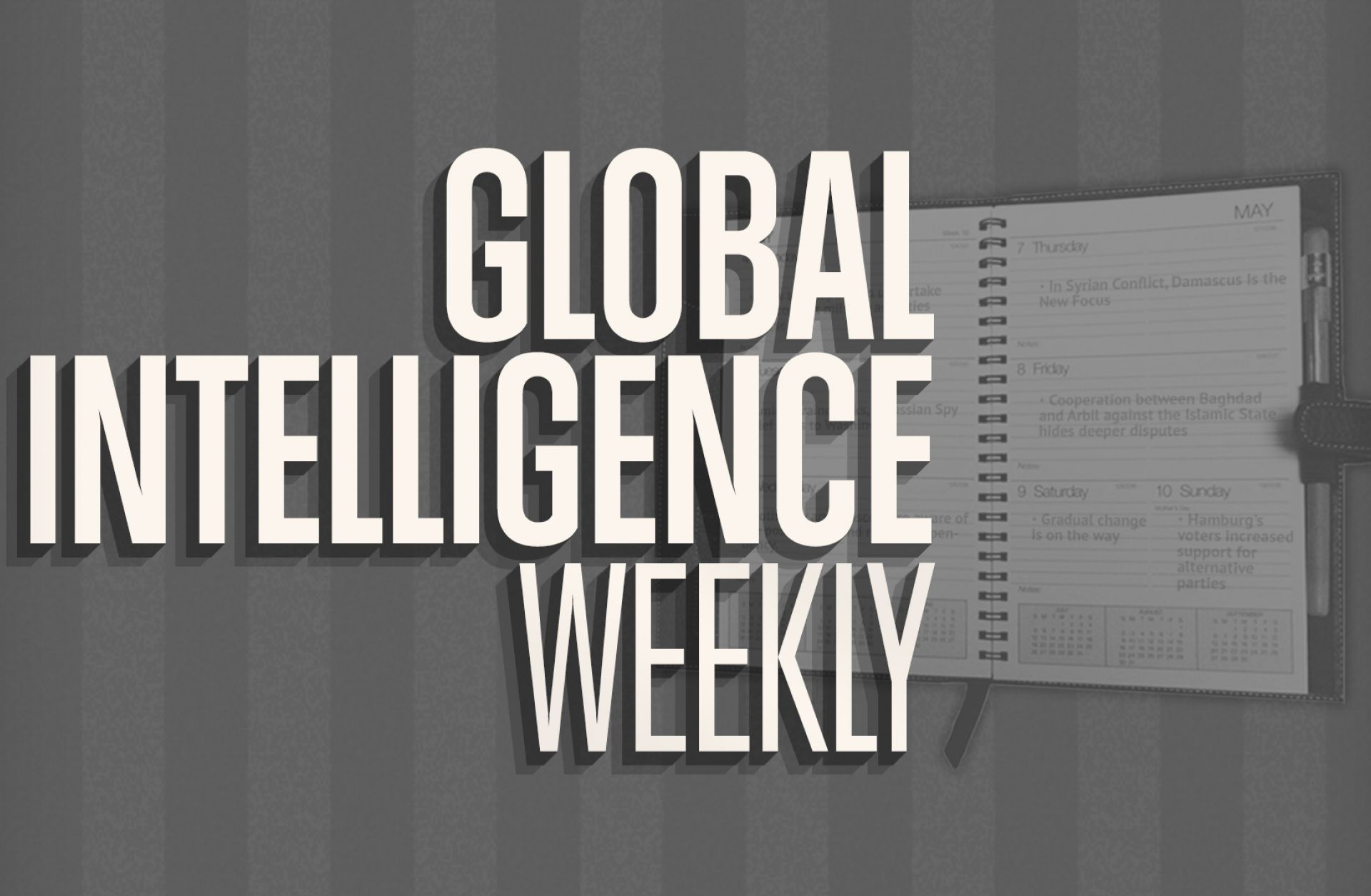
Global Intelligence: Week of May 9, 2016
Turkey's prime minister announced this week his decision to resign.
READ MOREAssessmentsMay 6, 2016 | 08:00 GMT
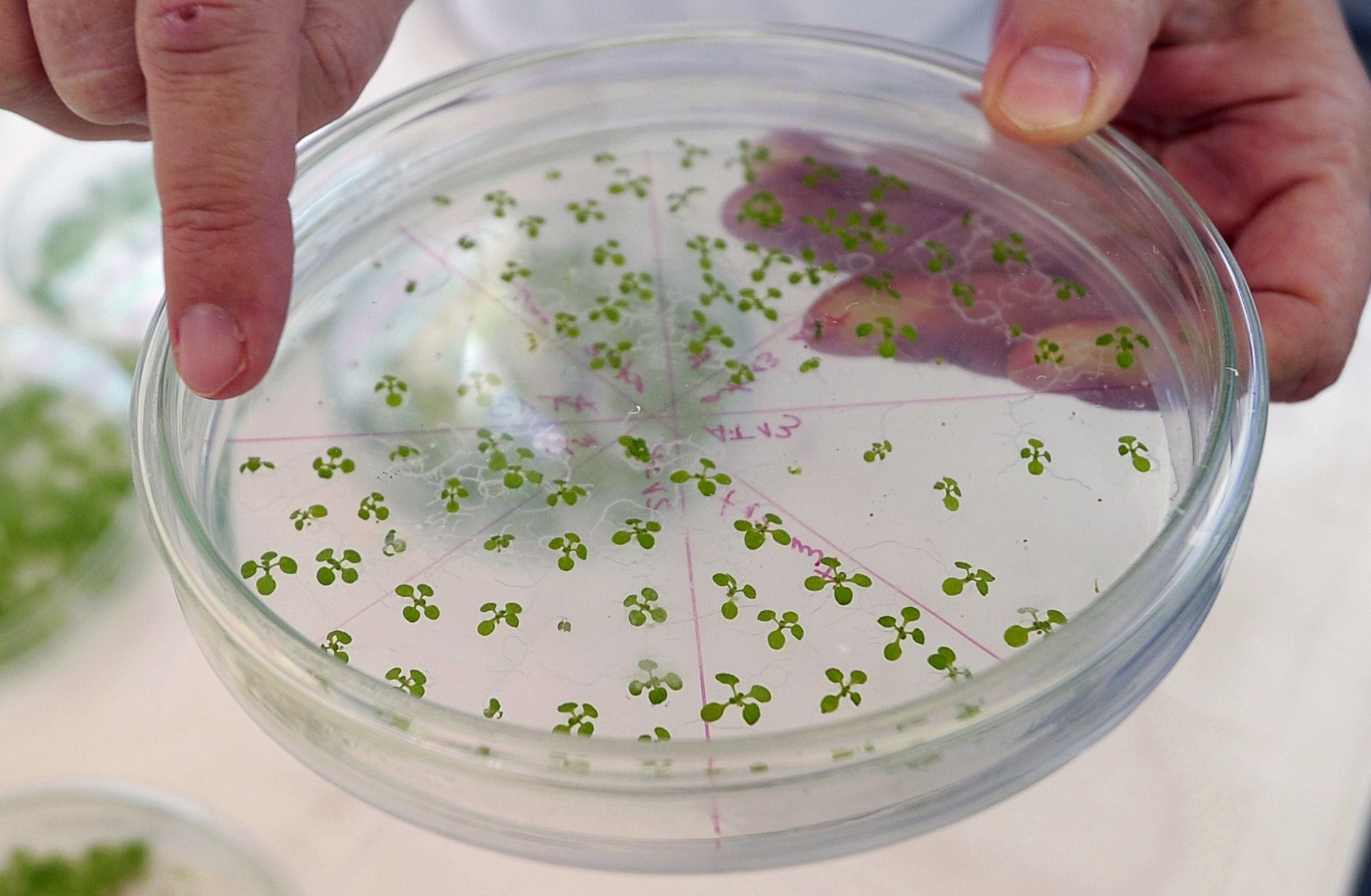
Gene Editing: Tailoring the Future of Biotech
Just over a year ago, Chinese laboratories published the results of a controversial experiment, one that enabled the selective editing of genomes belonging to human embryos. A flurry of ethical debates and research on the relatively new technique known as CRISPR took place in the aftermath. Scientists and policymakers alike were quick to explore the potential applications -- and implications -- of gene editing. Given the recent anniversary of clustered regularly interspaced short palindromic repeats (CRISPR) and a related intellectual property battle dragging on in U.S. courts, it is appropriate to evaluate the progress gene-editing technology has made, and determine how valid our previous assessment of the technology's potential impact was.
READ MORE
